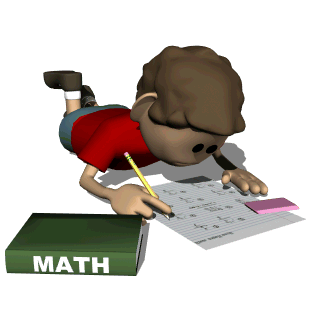- Mae Jemison School
- Homework
-

Students will receive homework weekly. Here is a list of skills that we will be working to master for the quarter that can be used as a guide to provide additional support at home.
Quarter 3
Reading Skills to Practice
- Spell simple words phonetically (spell words as they sound.)
- Understand that words are and should be separated by spaces.
- Read and write words with the same spelling patterns. (example: say, day, ride, hide, lamp, ramp )
- Recognize and name all upper/lower case letters of the alphabet.
- Express ideas, and respond in complete sentences so that everyone can understand.
- Write simple sentences using proper capitalization and punctuation.
- Print all upper and lowercase letters.
- Count and state the number of syllables in words.
- Identify middle and final sounds in three letter words.
- Blend three sounds together to state one syllable words. (e.g. f-o-x = fox)
- Break words into sounds to read unknown words (example: d-e-s-k = desk)
- State the meaning of suffixes: -ed, -ing, -s.
- Recognize short and long vowel sounds.
- Read at least 75 sight words with consistency.
- Retell two or more key details in a text (with prompting and support).
- Explain how illustrations, and other text features such as: charts, graphs, drawings, images and captions support and extend the text (with prompting and support).
Math Skills to Practice
- Count to 75 and identify numbers up to 75.
- Count by 10’s to 100.
- Count by 5’s to 50.
- Write numbers 0-20.
- Count on from any number up to 75.
- Understand that word problems can be represented and solved using objects, drawings, mental images, fingers or equations.
- Identify a missing number in as sequence.
- Understand that teen numbers are composed of a group of ten and some more. (e.g. 13 is one group of ten and three ones left over.)
- Equations can be built by decomposing numbers in more than one way. ( e.g. 5-3=2 or 5-2=3)
- Numbers can be composed by combining numbers. (addition)
- Numbers can be decomposed by separating numbers into parts. (subtraction)

